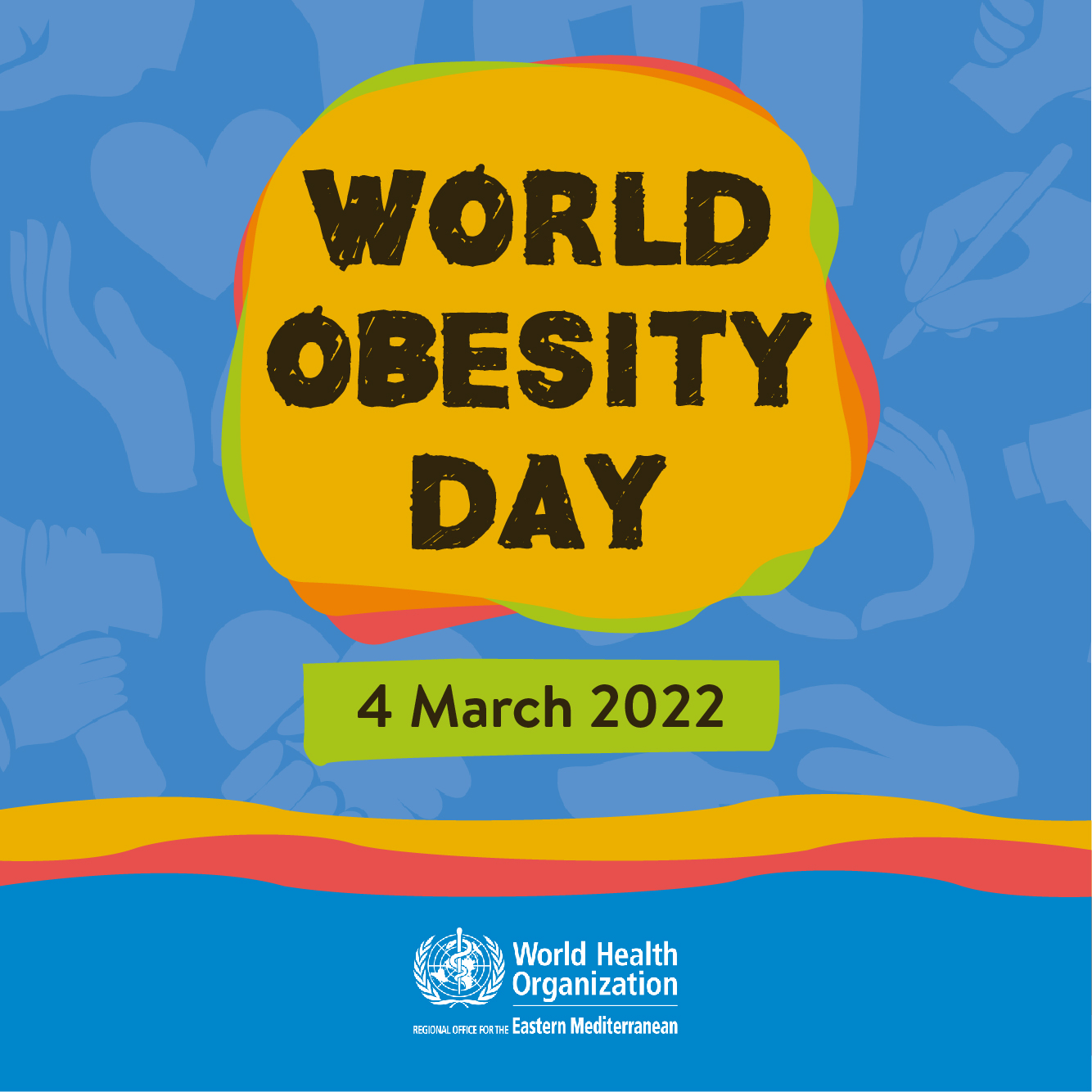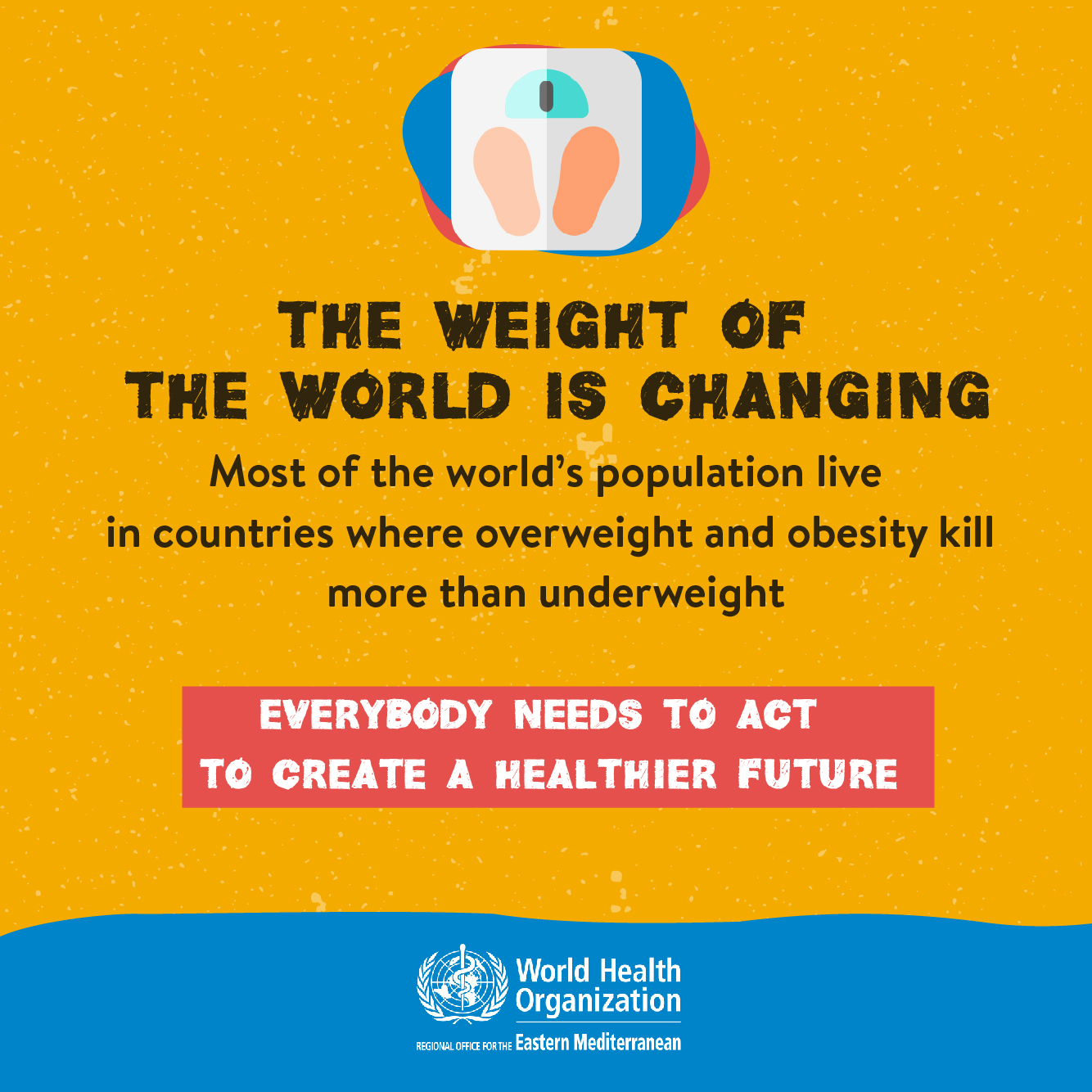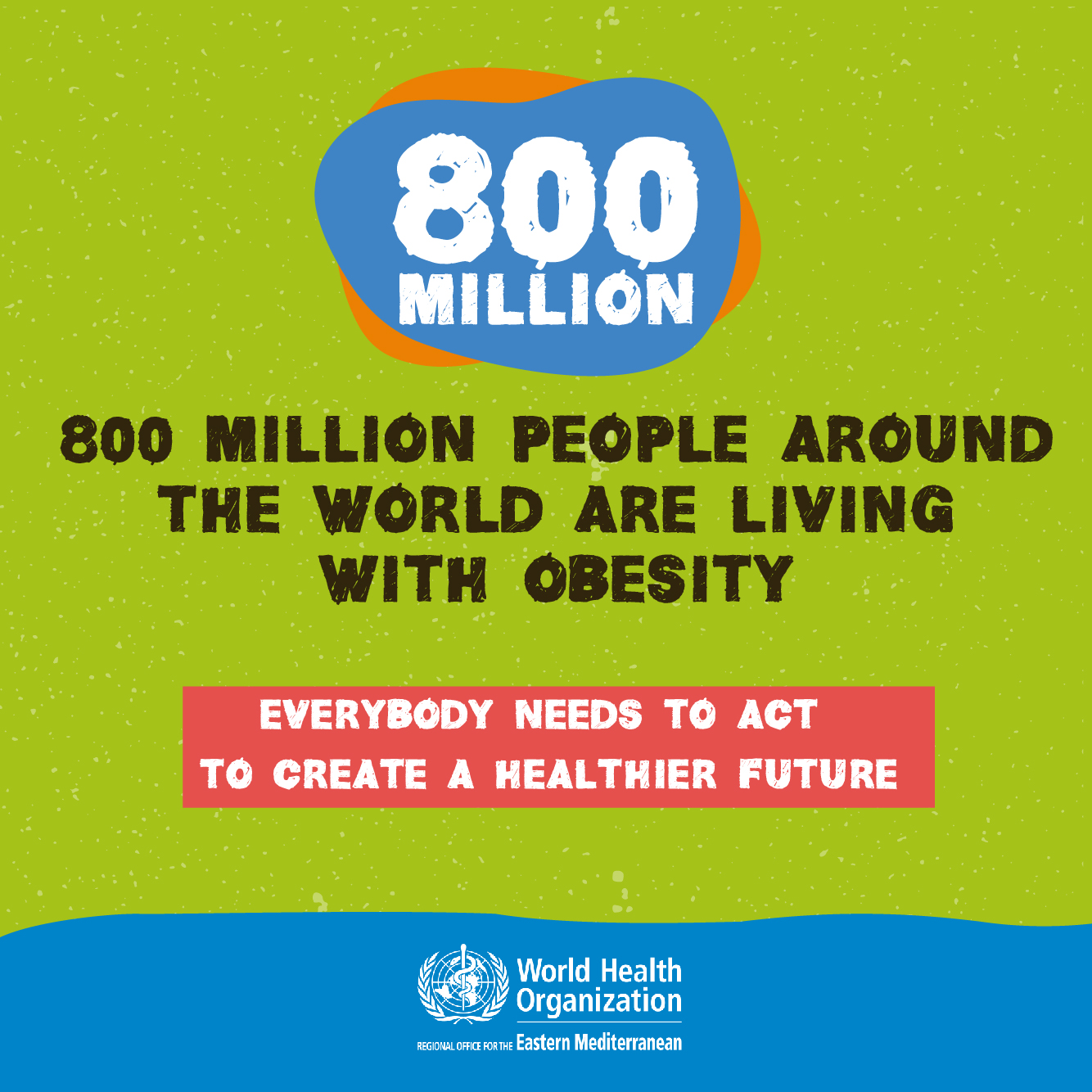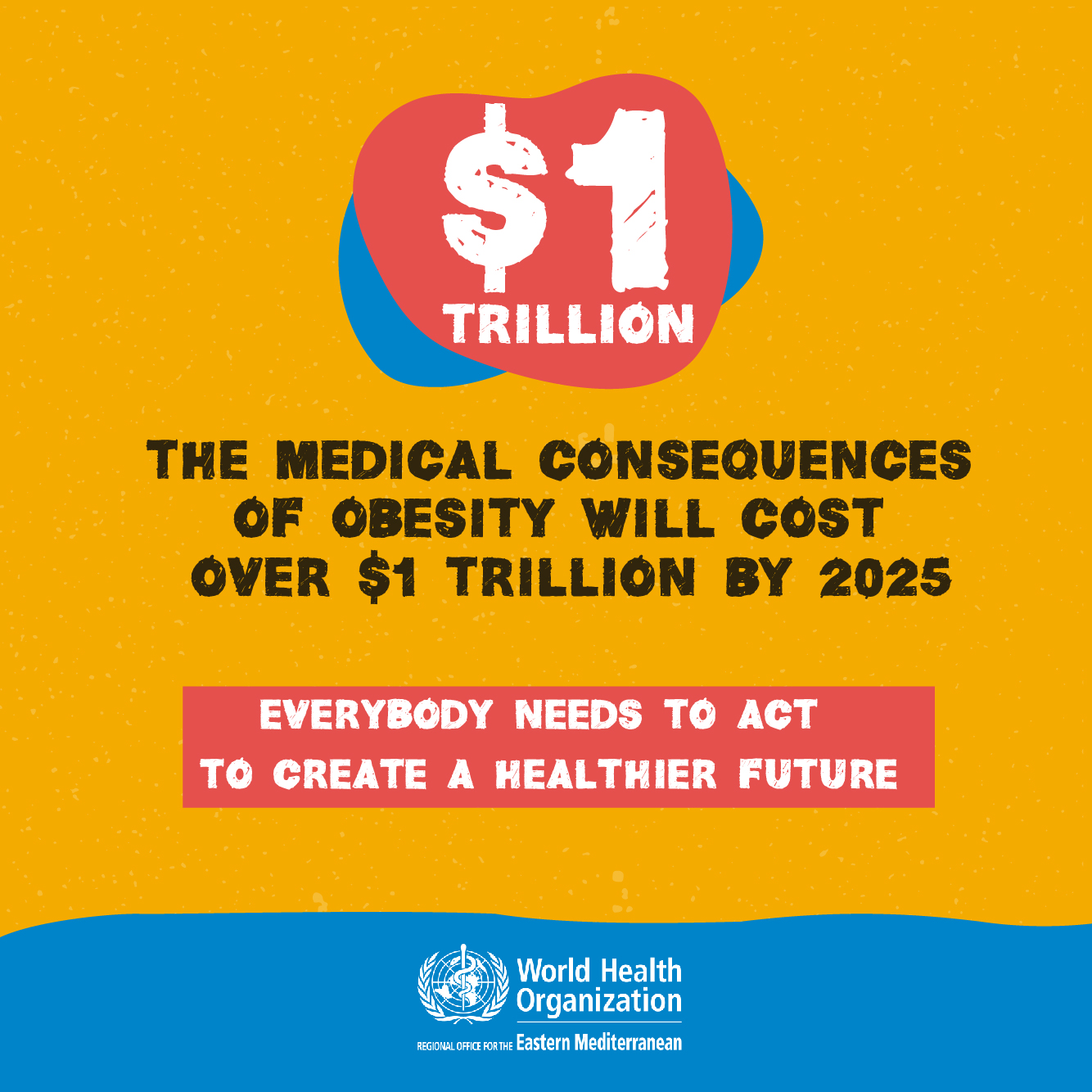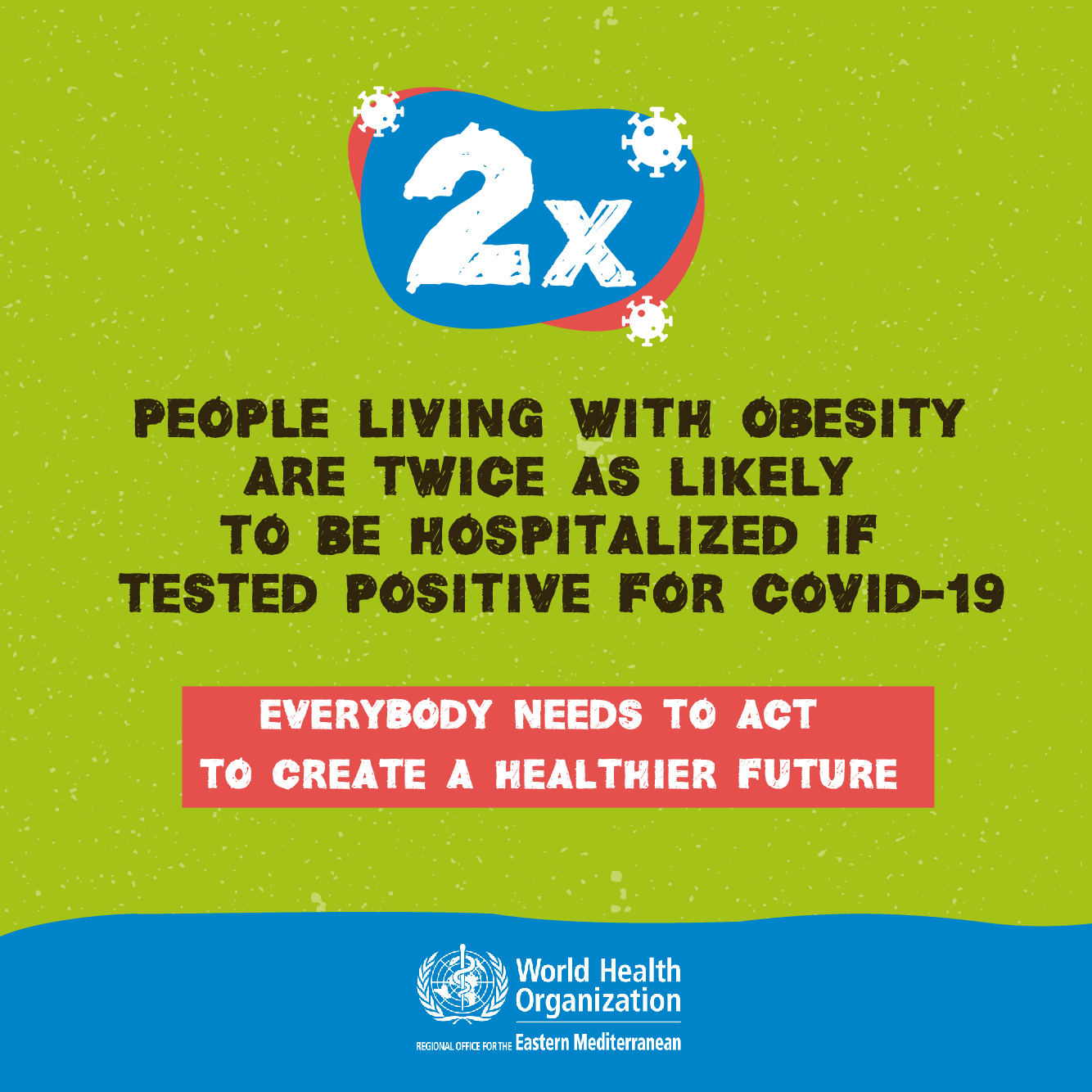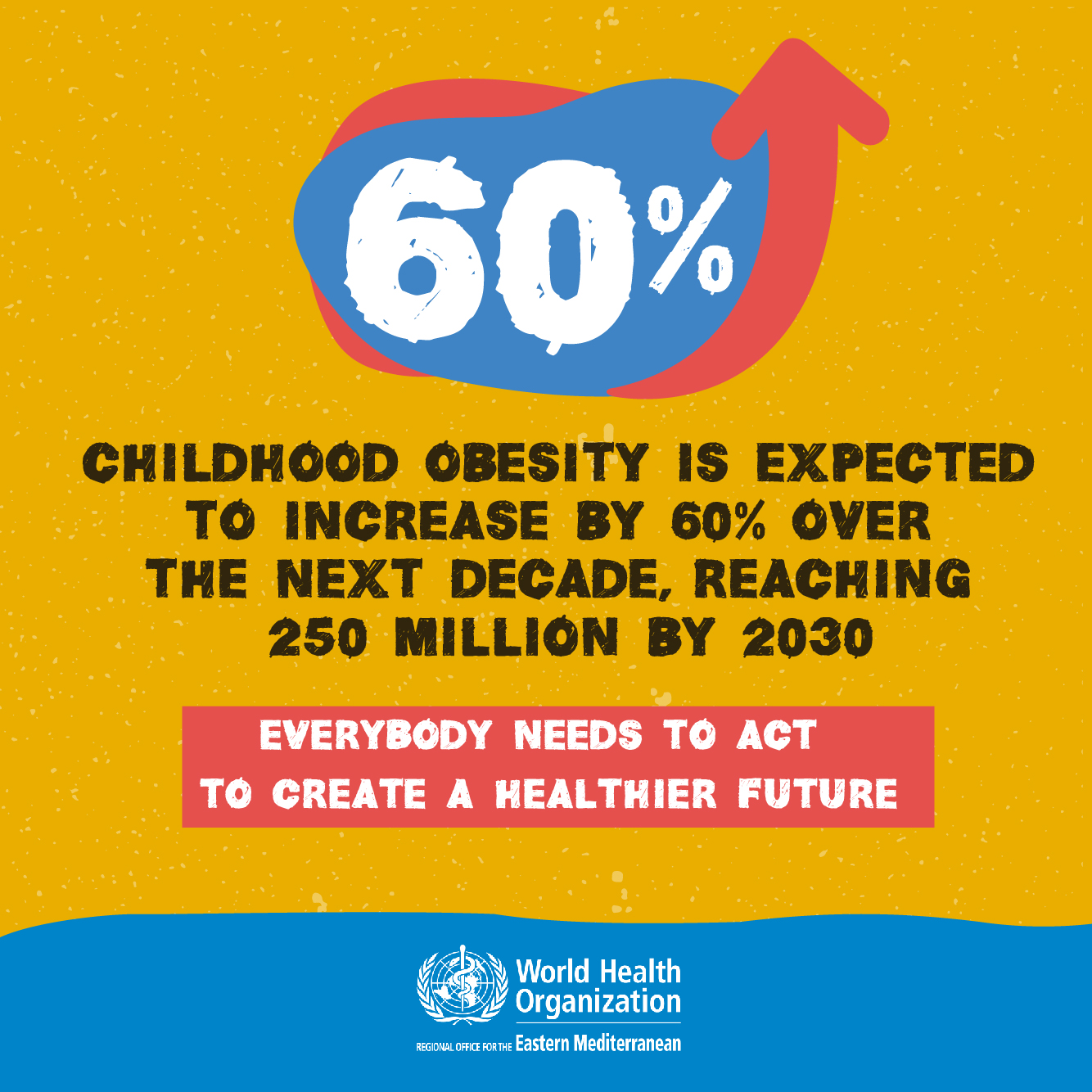Step up for breastfeeding

Breastfeeding is one of the most effective ways to ensure child health and survival. However, nearly 2 out of 3 infants are not exclusively breastfed for the recommended 6 months—a rate that has not improved in 2 decades.
Breastmilk is the ideal food for infants. It is safe, clean and contains antibodies which help protect against many common childhood illnesses.
Breastfed children are less likely to be overweight or obese and less prone to diabetes later in life. Women who breastfeed also have a reduced risk of breast and ovarian cancers
On World Obesity Day, 4 March, WHO and partners are calling on everybody to work together because this is the only way we can improve understanding, prevention and treatment of obesity, and make progress. We need to act at all levels to combat the obesity epidemic and address its many root causes to create a healthier future.
WHO and UNICEF recommend that children initiate breastfeeding within the first hour of birth and are working to increase the rate of exclusive breastfeeding for the first 6 months up to at least 50% by 2025.
WHO and UNICEF created the Global Breastfeeding Collective to rally political, legal, financial, and public support for breastfeeding. The Collective brings together implementers and donors from governments, philanthropies, international organizations, and civil society.
WHO’s Network for Global Monitoring and Support for Implementation of the International Code of Marketing of Breast-milk Substitutes, also known as NetCode, works to ensure that breast-milk substitutes are not marketed inappropriately.








